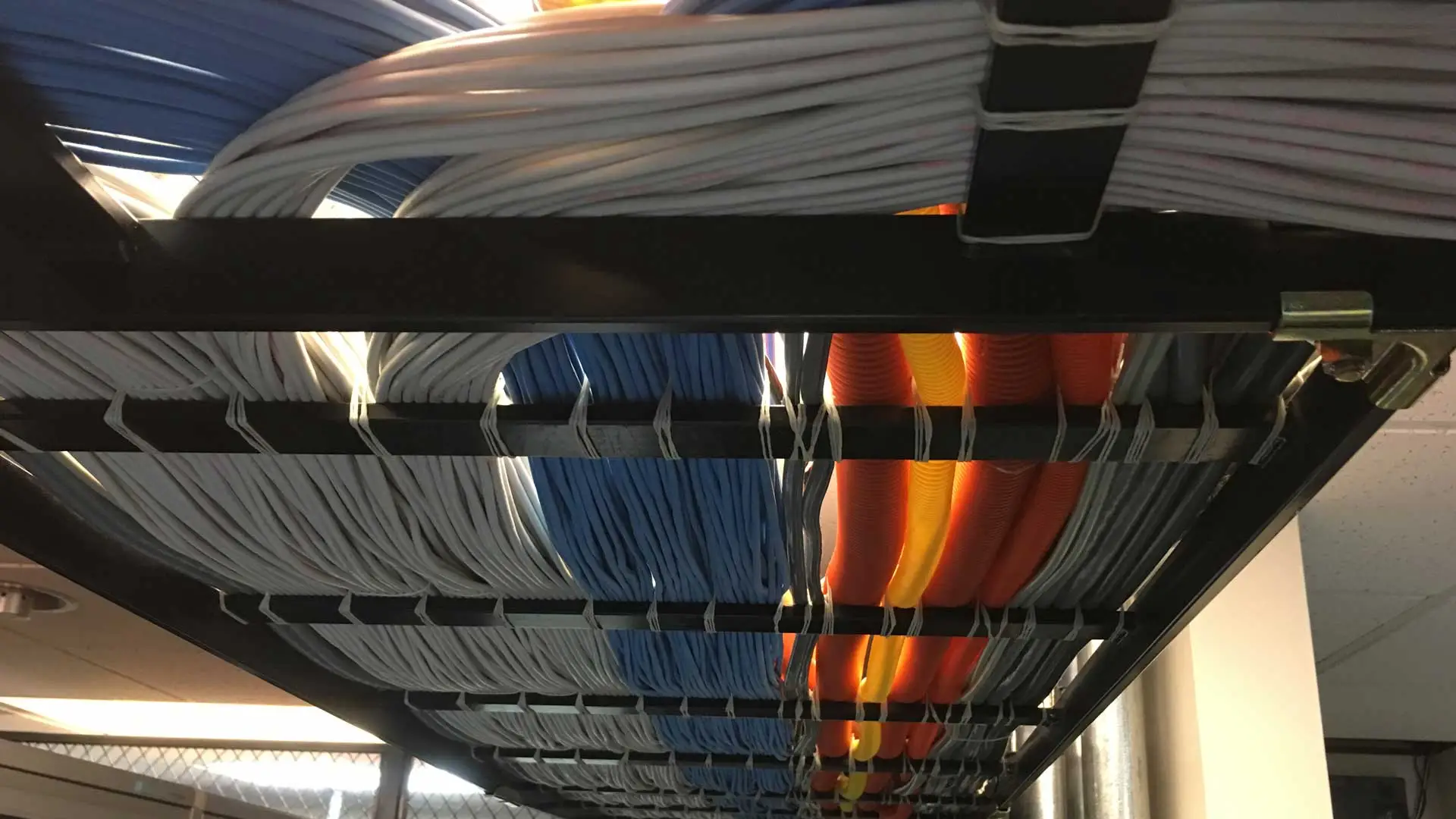
Insight
Check here for information regarding cloud services, colocation, virtual desktop offerings

Check here for information regarding cloud services, colocation, virtual desktop offerings

In today's rapidly evolving digital landscape, businesses across industries are increasingly reliant on data-driven operations. From storing vast amounts of information to running critical applications, maintaining the integrity, availability, and security of data has become a paramount concern. To meet these demands, organizations are turning to colocation data centers as a robust solution. In this article, we will explore the essential need for a colocation data center and the key benefits it offers, such as N+1 redundancy, a dedicated server room, and comprehensive service level agreements (SLAs).
One of the primary reasons why businesses opt for colocation data centers is the unparalleled level of reliability they offer. The concept of N+1 redundancy lies at the heart of these facilities. N+1 redundancy means that there is always at least one additional backup component available to ensure uninterrupted operations. Whether it's redundant power supplies, cooling systems, or network connections, colocation data centers are built with redundant infrastructure to mitigate any single points of failure. In simplest terms, if a business needed two generators to operate an entire facility, to ensure N+1 redundancy, it would have three generators in the event one malfunctioned. This design principle significantly reduces the risk of downtime and guarantees optimal...
Connectivity is a crucial factor for anyone that is part of the online world. As such, it is a vital part of the operations of each data center company. There are many network connectivity types out there. The one we will be talking about today is the cross connect.
As one of the connectivity types, you need to know what is a cross connect. This will help you learn if and how you can benefit from it.
Also, the more you know about them and their impact on network performance, the easier it will be for you to pick the right connectivity option for your business.
Cross connects are a network connectivity type that links two separate hardware assests in a data center. The two hardware assets or servers are linked via physical cross connect cables. These cables establish a private network connection between the two.
Also, two servers that are linked using this network connectivity type do not need to use the Internet to be connected.
They can be maintained either by one or across many data centers. Firms use them for many things. One of them is to connect to global networks. This allows them to conduct their business more quickly.
Also, colocation* customers can ask their provider for cross connects. This way, they will set up more reliable, high-performance links with each other in the same data center.
To set up this type of connection ...
From WATTS to AMPS, to VOLTS, to kVA, there are plenty of power ratings out there that each data center company uses to express power usage.
Because kVA is mostly used in the generator industry, many people don’t know about it. Today, we’ll cover what is kVA, what is kVA power, how to calculate kVA, and more.
kVA or kilovolt-amps is a measure of apparent power. A kVA unit is 1,000 volt-amps. It shows the total amount of power that a system uses. When a system is 100% efficient, kVA will be equal to kW.
However, most electrical systems are not 100% efficient. So, only a portion of the apparent power is converted into working output.
kW or kilowatts measure the true amount of the power that is converted into working output. That’s why kW is known as actual or working power.
The power factor (PF) measures the electrical efficiency of the system. If you know the efficiency of the electrical system, you can convert it between kilovolt-amps and kilowatts. The electrical efficiency of a system is expressed as a PF between 0 and 1.
A PF closer to 1 indicates that the kVA is efficiently being converted into working kW. A 100% efficient electrical system has a PF of 1.
Kilovolt-amps show the total amount of power a colocation or any other service provider uses. Kilowatts show the actual power that is converted into output.
The...

No matter the size of your business, you still have IT needs that need to be met. Whether you’re a small business keeping track of a few accounts or a large organization with 500 employees, you have to be able to store your data and host that data somewhere.
When you use in-house data hosting and data storage, you end up incurring additional costs such as an IT person, maintaining equipment and backup, and more. Here are some reasons why your business in Orlando, Space Coast, Tampa, and other areas in Florida should consider using the cloud for data hosting and data storage.
When you host and store your data at your business, you use more equipment that has to continually be updated. You also have to have an employee on-site who has the knowledge to effectively manage your company data and hosting. Using the cloud helps to reduce these costs, as you no longer need to update equipment or pay a full-time employee to handle these issues.
When you have a cloud provider, they can set the software to automatically update or manage the update process for you. This means your in-office staff is freed up to focus on other aspects of your day-to-day operations.

As the data needs of companies grow, they should evaluate moving from on-premises computing to off-site data processing for fast, secure access and business continuity. As cloud-based technologies grow and become more reliable, newer options have emerged.
Rather than housing their own IT infrastructure, companies and individuals have the option of choosing traditional colocation services with dedicated servers that house their data at a third-party data center virtual colocation, which involves the storage and compute on a cloud-based system at a remote data center; or a hybrid option using both. All choices come with a set of pros and cons for prospective clients to weigh.
Key considerations are CapEx vs. OpEx and total cost of ownership (TCO). Which is best for you? Well, like a lot of things, the answer is - it depends! Most importantly, it depends on your business needs. Many customers have compliance requirements or unique business propositions and applications that are better served by traditional colocation. Some content providers need to be in carrier-neutral data centers with access to lots of networks for best performance. Other businesses can meet their business needs with less upfront cost and greater scalability through virtual colocation.
In any event, both are provided through data centers that provide improved uptime and business continuity through redundant cooling systems, redundant UPSs, SLAs, back-up generators and security.
